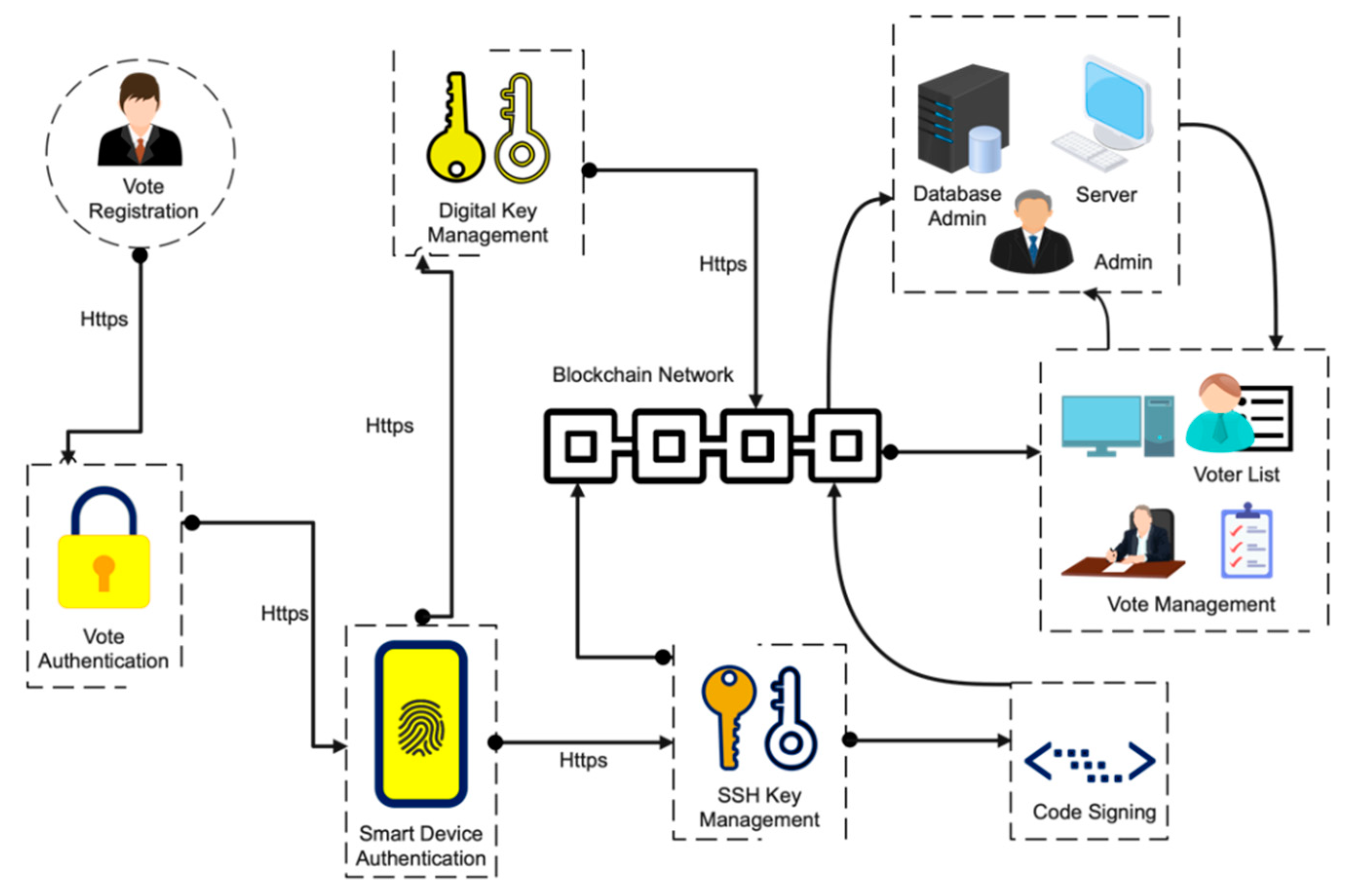
Uncovering the Power of Zero-Knowledge Proofs
Exploring the Uses and Benefits of Zero-Knowledge Proofs in Today's Digital Landscape
Zero-knowledge proofs (ZKPs) are a cryptographic protocol that enables one party to prove to another party that a statement is true, without revealing any additional information beyond what is necessary to prove the statement.

ZKPs involve a prover who wants to prove a statement to a verifier. The prover uses a mathematical algorithm to generate proof that the statement is true, without revealing any additional information beyond what is necessary to verify the proof. The verifier then uses a separate algorithm to verify the proof without learning any additional information about the statement or the prover's secret data.
The process of generating and verifying a ZKP involves multiple rounds of interaction between the prover and verifier, during which the prover sends messages to the verifier that allow them to convince the verifier that the statement is true. The verifier can then use these messages to verify the proof without actually seeing the prover's secret data.
Let's understand it with different examples
For example, imagine two friends wanting to prove to each other that they both know a secret code word, but they don't want anyone else to know the code word. They could use a ZKP by each writing down the code word on a piece of paper, and then folding the paper in half so that the code word is hidden. Then, they would exchange the papers, and each person would open the paper they received to see if it matches the code word they know. If the code word is a match, they know the other person also knows the secret code word, but no one else knows what the code word actually is.
One example of how ZKPs can be used is in electronic voting systems. In a traditional voting system, voters cast their votes anonymously, but they have to trust that the election officials will count their votes accurately and honestly. However, with ZKPs, voters can prove that their vote was counted without revealing who they voted for.
Each voter is assigned a unique code that only they know, and they use that code to cast their vote electronically. The votes are then collected and stored in a database.
To verify that their vote was counted, the voter can create a ZKP that proves they voted without revealing who they voted for. The ZKP consists of proof that their unique code was used to cast a vote, and that the vote was correctly recorded in the database.
The election officials can verify the proof without knowing who the voter is or how they voted. This ensures the privacy and anonymity of the voters, while also providing a way to verify the accuracy of the election results.

" Zero-knowledge proofs may be the future of private trade. They allow for secure and private authentication without revealing the underlying data that makes authentication possible. That means not only greater security, but also greater privacy – the freedom to move, trade, and transact without fear that one's activities are being watched or recorded. "
-Edward Snowden
Zero-knowledge proofs (ZKPs) have numerous practical applications in cryptography and are being used in a variety of industries and fields. Here are some of the current use cases of ZKPs:
Blockchain and Cryptocurrency: ZKPs are being used in blockchain and cryptocurrency systems to ensure the privacy and security of transactions. For example, ZKPs can be used to verify that a transaction is valid without revealing the details of the transaction to the public.
Authentication: ZKPs are being used in authentication systems to enable users to prove their identity without revealing any additional information beyond what is necessary to authenticate them. This can be particularly useful in situations where users want to authenticate themselves without revealing their full identity or personal data.
Privacy-Preserving Computation: ZKPs are being used in privacy-preserving computation, where two parties can perform computations on their private data without revealing anything to each other beyond the result of the computation. This has significant implications for privacy in fields such as healthcare, finance, and government, where sensitive data needs to be shared and analyzed while preserving privacy.
Voting Systems: ZKPs are being used in voting systems to ensure that votes are counted accurately and without revealing the identity of the voter. This can be particularly useful in situations where voters want to maintain their privacy while still participating in a democratic process.
Cybersecurity: ZKPs are being used in cybersecurity to enable secure communication and data transfer between two parties. For example, ZKPs can be used to ensure that only authorized parties have access to certain data or resources, without revealing any additional information beyond what is necessary to verify their authorization.
Overall, ZKPs are a powerful tool in cryptography and have numerous practical applications in the digital world, where privacy and security are increasingly important.
Some Videos where you can better understand:
https://www.youtube.com/watch?v=OcmvMs4AMbM&ab_channel=SimplyExplained
https://www.youtube.com/watch?v=RiQu0sYJoEQ&pbjreload=102&ab_channel=CodeEater
https://www.youtube.com/watch?v=fOGdb1CTu5c&ab_channel=WIRED
In conclusion, zero-knowledge proofs (ZKPs) are a powerful tool for ensuring privacy and security in various industries, such as finance, healthcare, and cybersecurity. ZKPs enable parties to prove certain facts about data and transactions without revealing additional sensitive information. This enhances privacy, increases security, improves efficiency, and enables innovation. ZKPs are increasingly being used in various applications, such as blockchain and cryptocurrency, authentication, and privacy-preserving computation. As the use of data and the need for privacy and security continue to grow, ZKPs will likely become even more essential for protecting our data and enabling secure and efficient computation and data sharing.
